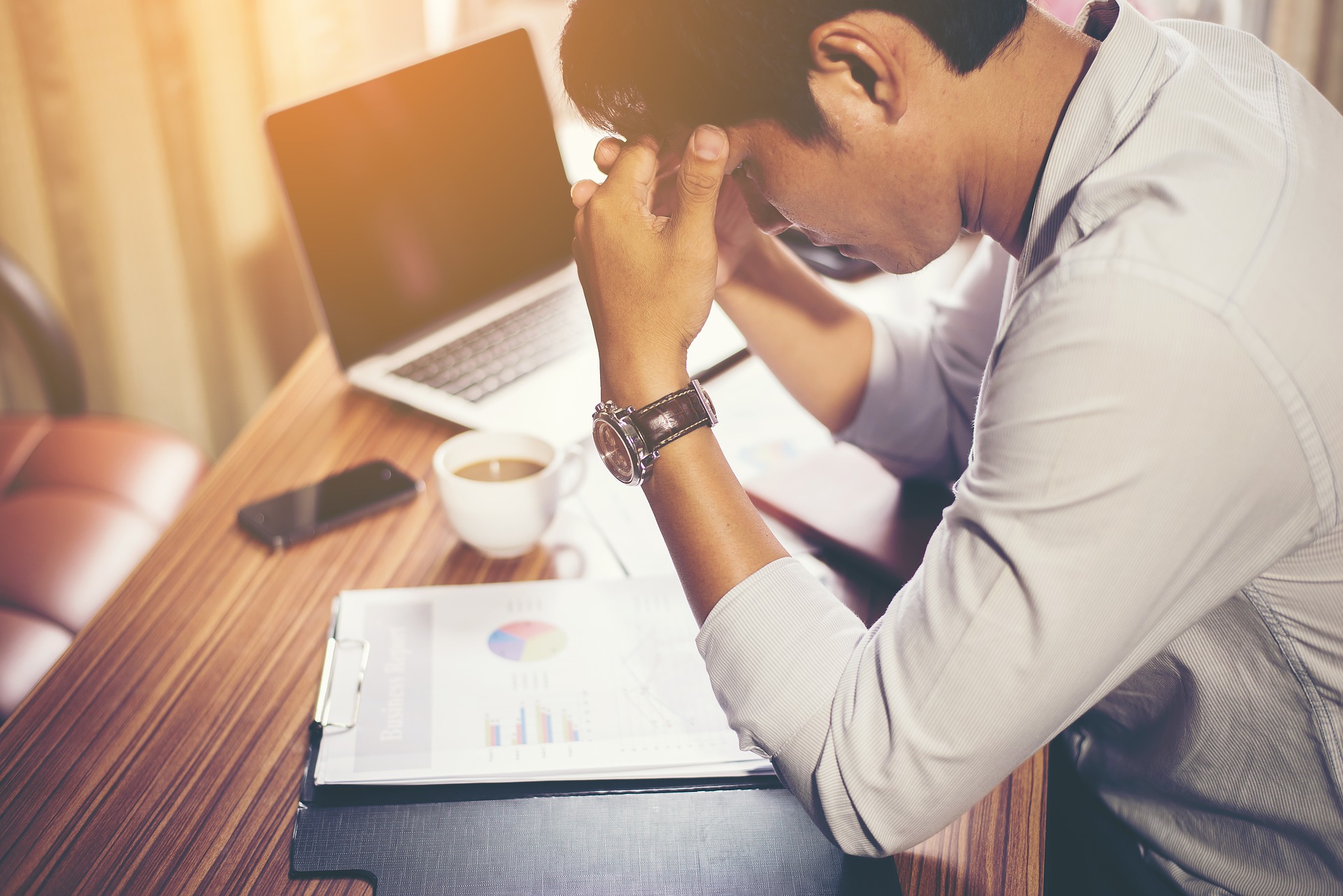Recently, the American Council on Science and Health found that “any type of movement (even fidgeting) can be beneficial for one’s health.” The study of 12,000+ British women aged 37 to 78 (published in the American Journal of Preventative Medicine) suggests that fidgeting may “reduce some of the negative health effects” of sitting for long periods of time.
Janet Cade, professor of nutritional epidemiology at the University of Leeds, UK, monitored study participants from 1999 to 2002 and followed up with them in 2014. The research suggests that it’s best to avoid sitting for long periods of time (by either getting up every 30-60 minutes to move for a few minutes), and that fidgeting appears to be beneficial.
In other studies of children, long periods of inactivity produced changes in their blood circulation and arteries. Extrapolating the data to adults, this could result in cardiovascular problems.
Given the research, it appears, whether you’re fidgeting at your desk, or not, it is best to get up and move around at least every half hour. A minute two of standing, stretching, walking, or other activity may improve your health.
To learn more:
Sitting Time, Fidgeting, and All-Cause Mortality in the UK Women’s Cohort Study

